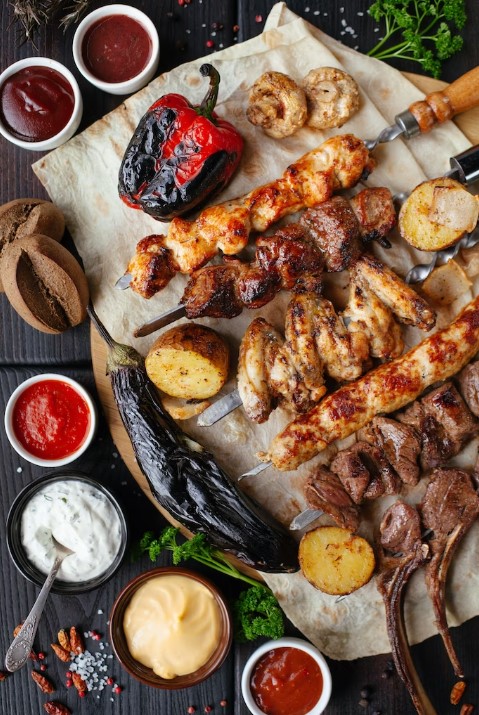Food counterfeiting has become a major issue in the food industry. Counterfeiting refers to the act of making or selling a product that is falsely labeled or misrepresented. This can include food that is labeled as organic or natural when it is not, or food that is made with cheaper, lower quality ingredients but sold as premium products. The practice of food counterfeiting is not only dishonest but can also be dangerous to public health.
The Impact of Food Counterfeiting
Food counterfeiting (more at authena.io) has a significant impact on the food industry. It undermines consumer trust in the integrity of the food supply chain, which can lead to decreased sales and profits for legitimate food producers. It also creates an uneven playing field for legitimate producers, who must compete with counterfeiters who are able to sell their products at lower prices due to the use of lower quality ingredients.
Counterfeit food can also have a direct impact on public health. For example, some counterfeiters use ingredients that are not approved for use in food, or use ingredients that are contaminated with harmful substances such as pesticides or heavy metals. In addition, counterfeiters may not follow proper food safety protocols, which can lead to the spread of foodborne illnesses.
Examples of Food Counterfeiting

Food counterfeiting can take many forms. One common example is the mislabeling of seafood. For example, some restaurants and retailers will sell cheaper, lower quality fish as more expensive varieties such as red snapper or wild salmon. This not only cheats consumers out of their money but can also lead to health risks, as some lower quality fish may contain high levels of mercury or other toxins.
Another example is the counterfeiting of olive oil. Olive oil is a popular and expensive product, and some counterfeiters will dilute it with cheaper oils such as canola or soybean oil and sell it as premium olive oil. This can lead to health risks, as some of these cheaper oils can contain trans fats or other harmful substances.
Preventing Food Counterfeiting
Preventing food counterfeiting is a complex issue that requires cooperation from all levels of the food industry. One important step is to improve traceability in the food supply chain. This can be achieved through the use of technology such as blockchain, which allows for the tracking of food products from farm to fork. This can help to ensure that products are labeled correctly and that they are produced in a safe and ethical manner.
Another important step is to increase awareness among consumers about the risks. This can be achieved through education campaigns and the use of labeling and packaging that clearly identifies products as authentic and ethically produced.